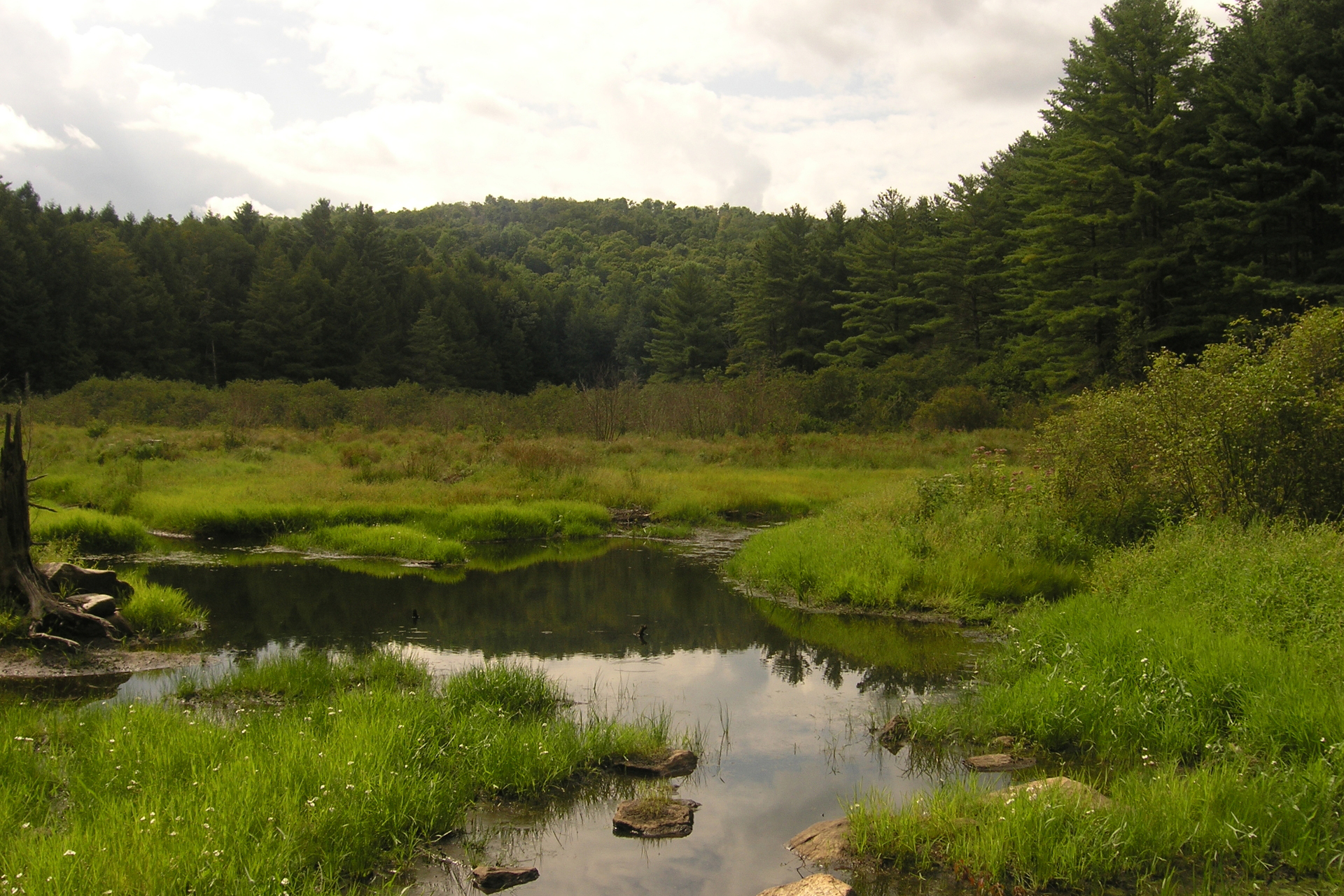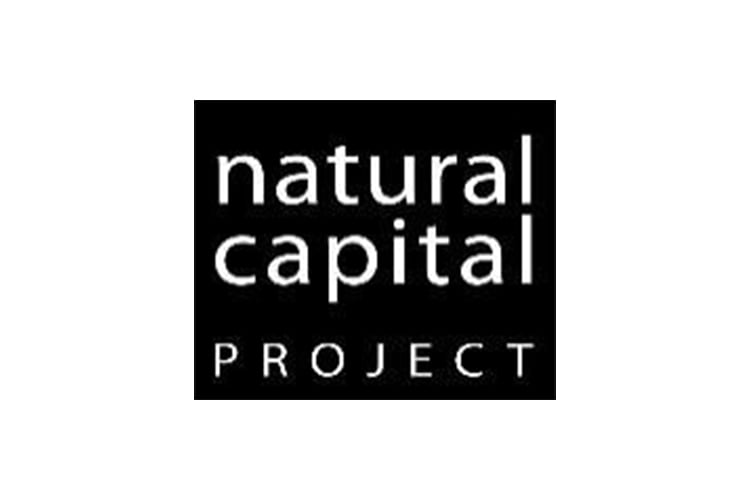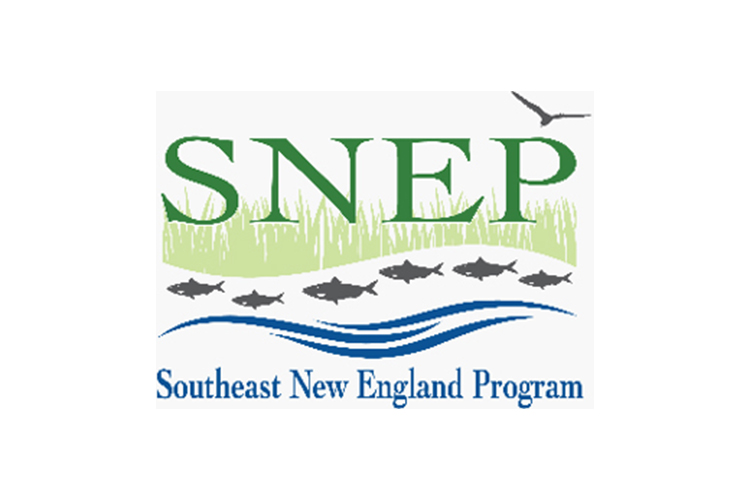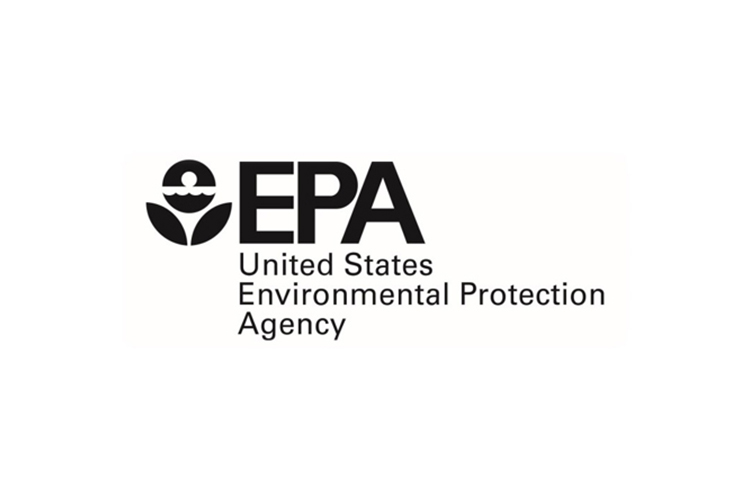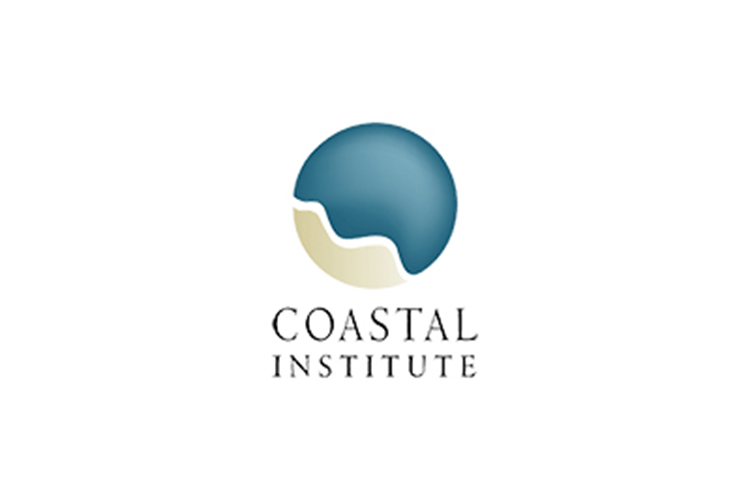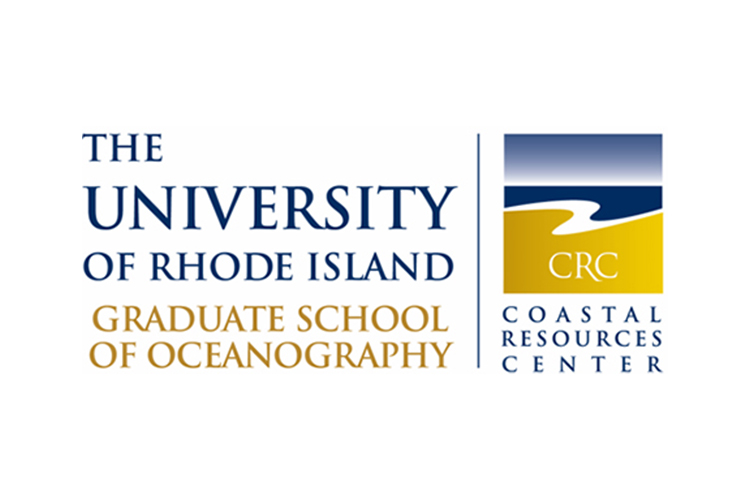Local Climate Resilient Communities
Value of Nature Factsheets
Beyond nature's intrinsic value, it also provides many benefits to people. Whether filtering our air and water, absorbing carbon emissions that would otherwise contribute to climate change, or providing recreational opportunities that benefit local economies as well as physical and mental health, our ecosystems are inherently tied to our wellbeing.
These fact sheets, which pull from a literature review of over 100 technical papers, focus on the nature-based climate solutions provided by five different ecosystems.
View & Download
About This Project
The Value of Nature Fact Sheets were part of the Narragansett Bay Watershed Economy project, produced by our partners at URI's Coastal Institute with input from Mass Audubon. It focused on the economic benefits of ecosystem services in the Narragansett Bay Watershed.
The "Integrating Ecosystem Services Functions and Values into Land Use Decision Making in the Narragansett Bay Watershed" project was supported, in part, under Assistance Agreement No. SE - 00A00252 awarded by the U.S. Environmental Protection Agency (EPA) to Mass Audubon.
The Lookout Foundation also provided funding to Mass Audubon. The Narragansett Bay Watershed Economy project was conceived and partially supported by the Coastal Institute at the University of Rhode Island under the leadership of Dr. Emi Uchida.
Additional project partners include the URI Graduate School of Oceanography, the URI Coastal Resources Center, the Natural Capital Project at Stanford University, and the George Perkins Marsh Institute at Clark University. The views expressed in this project are solely those of the authors. It has not been formally reviewed by EPA. Additional information is available at www.nbweconomy.org



